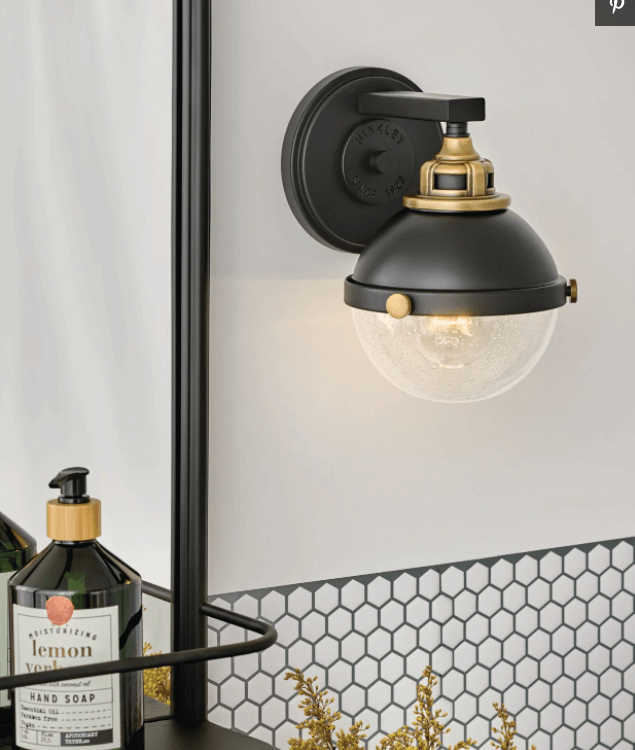- Have any questions?
- 778-522-2225
- advancedrenosolution@gmail.com
Home Insurance vs. Home Warranties: What’s the Difference?

September Home Maintenance Guide
September 17, 2018
October Home Maintenance Guide
October 2, 2018Home Insurance vs. Home Warranties: What’s the Difference?
Your home is likely the most expensive purchase you’ll ever make, especially if you include all the appliances and systems, such as those for heating and cooling, included in it. Because of this, there are several financial options available to help you protect your purchase.
The two main ones are home insurance and home warranties, also sometimes called home services contracts. While these terms might sound interchangeable, they actually refer to different types of agreements.
What Is Home Insurance?
Home insurance covers accidental damage to your house and belongings. It may help you repair and replace parts of your home or items in it as well as take care of certain related expenses.
The vast majority of mortgage lenders will require you to purchase homeowner’s insurance before you can get a mortgage on your home.
Exactly what’s covered depends on your individual policy, but home insurance often covers damage due to flooding or other natural disasters, theft and accidents like fires. It also typically covers liability if someone gets injured at your home.
Insurance policies may also cover damage caused by broken appliances, such as flood damage caused by a malfunctioning dishwasher. It’s important to note though that it would not cover replacing the dishwasher, just the cost of the damage the water caused to the floor or other parts of the home.
You renew a homeowner’s insurance policy each year, and it typically costs somewhere between $500 and $3000 depending on where you live, the type of home you have and other factors.
If damage occurs, an insurance claims adjuster will come to your home and assess the situation. Once the insurance company approves your claim, you will pay your deductible, the amount of which you determine when you choose your insurance policy. The lower your deductible is, the more expensive your regular insurance payments will be. The insurance will pay the rest of the costs.
What Are Home Warranties?
Home warranties help you pay for any necessary repair or replacement of the appliances and systems in your home. Also sometimes called home services contracts, they help protect you from having to pay full retail price for these items if they fail due to standard wear and tear.
These warranties cover components of systems, including your HVAC, electrical and plumbing systems. They also often cover major appliances such as washer, dryers and large kitchen appliances. You can also typically add larger items such as a pool to your warranty agreement.
Home service contracts also typically also give you access to a network of approved service technicians.
Unlike homeowner’s insurance, home warranties are not required to get a mortgage. The contract terms typically last for around 12 months and coverage typically costs between $300 and $1000 annually for coverage of an average number of appliances and systems. You will also have to pay for the service calls you make. Each visit to your home by your technician may cost around $125.
If an appliance covered by your home warranty breaks down, a service contractor will come to your home to repair or, if needed, replace the system. All you will have to pay is the cost of the service visit, even if the technician needs to replace an appliance.
Do You Need Both?
If you have a mortgage on your home, you most likely have homeowner’s insurance. Should you purchase a home warranty too? The answer depends on your situation, but many homeowners choose to have both types of coverage.
There are benefits to having both homeowner’s insurance and a home warranty. They each cover different types of expenses. In the example of the dishwasher breaking and causing flooding, you would need both to cover the full extent of the damage.
The downside is, of course, that you will have to pay the monthly costs even if no damage occurs. If an appliance or system does break down though, it can save you from having to pay the potentially high costs of repair or replacement. It also saves you from having to search for a reputable repair technician yourself.
Ultimately, the right decision comes down to your situation and needs. If you can work the monthly payments into your budget, having both homeowner’s insurance and a home warranty can help you save money in the long run



